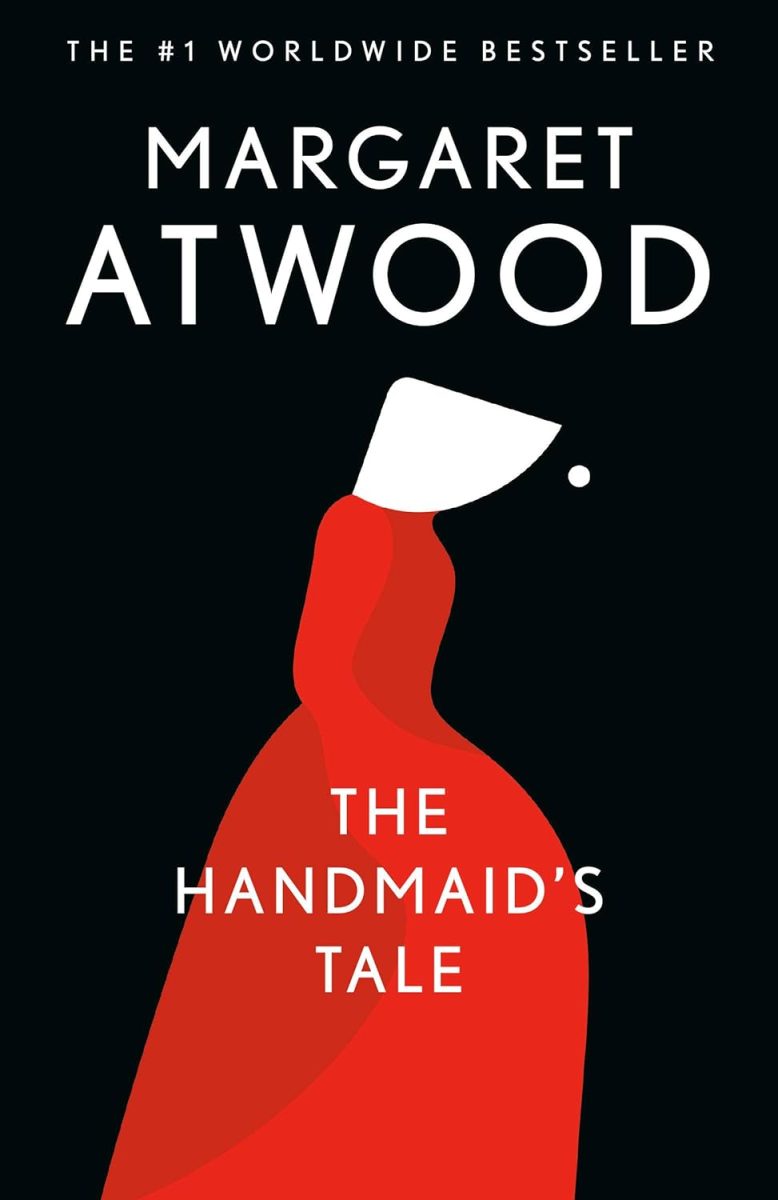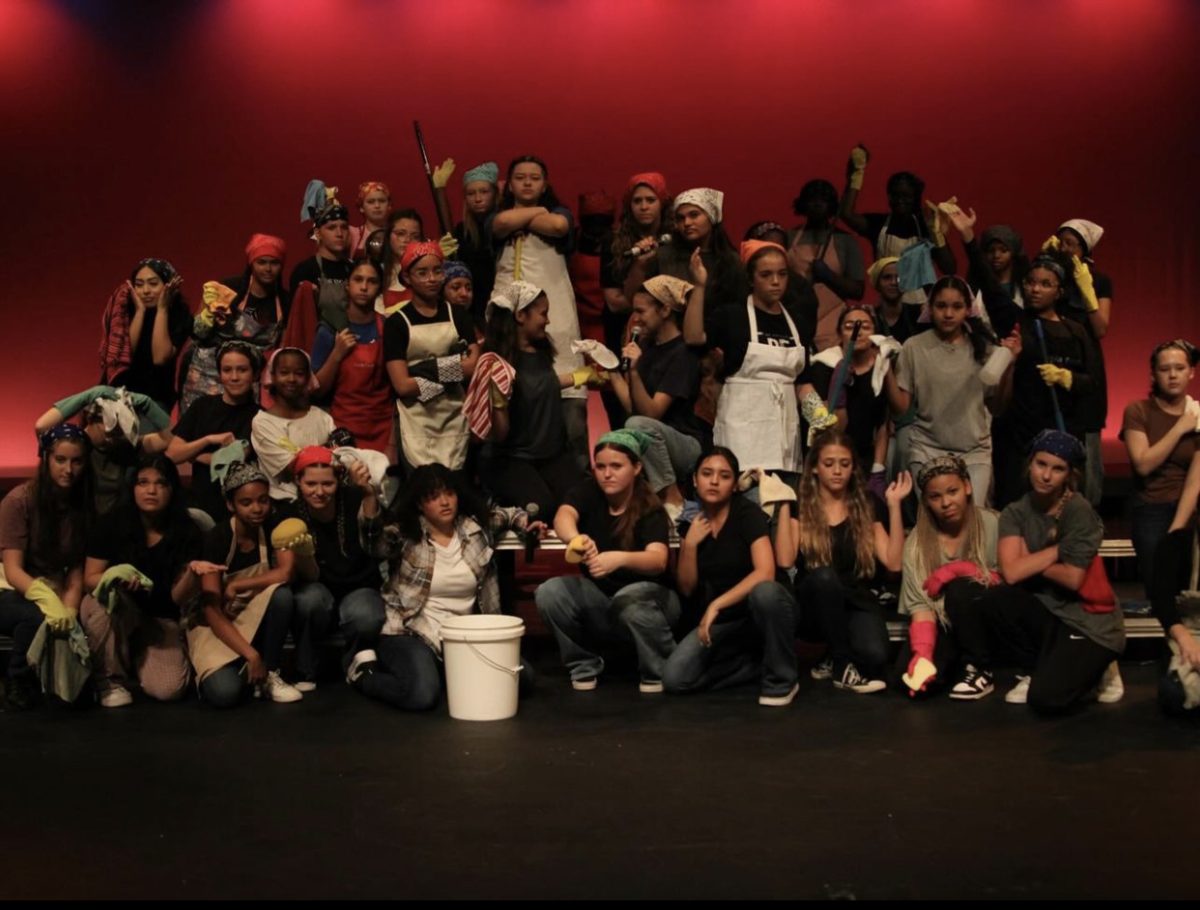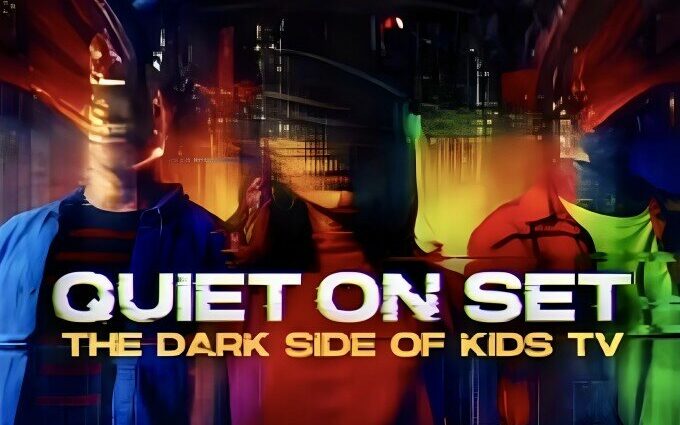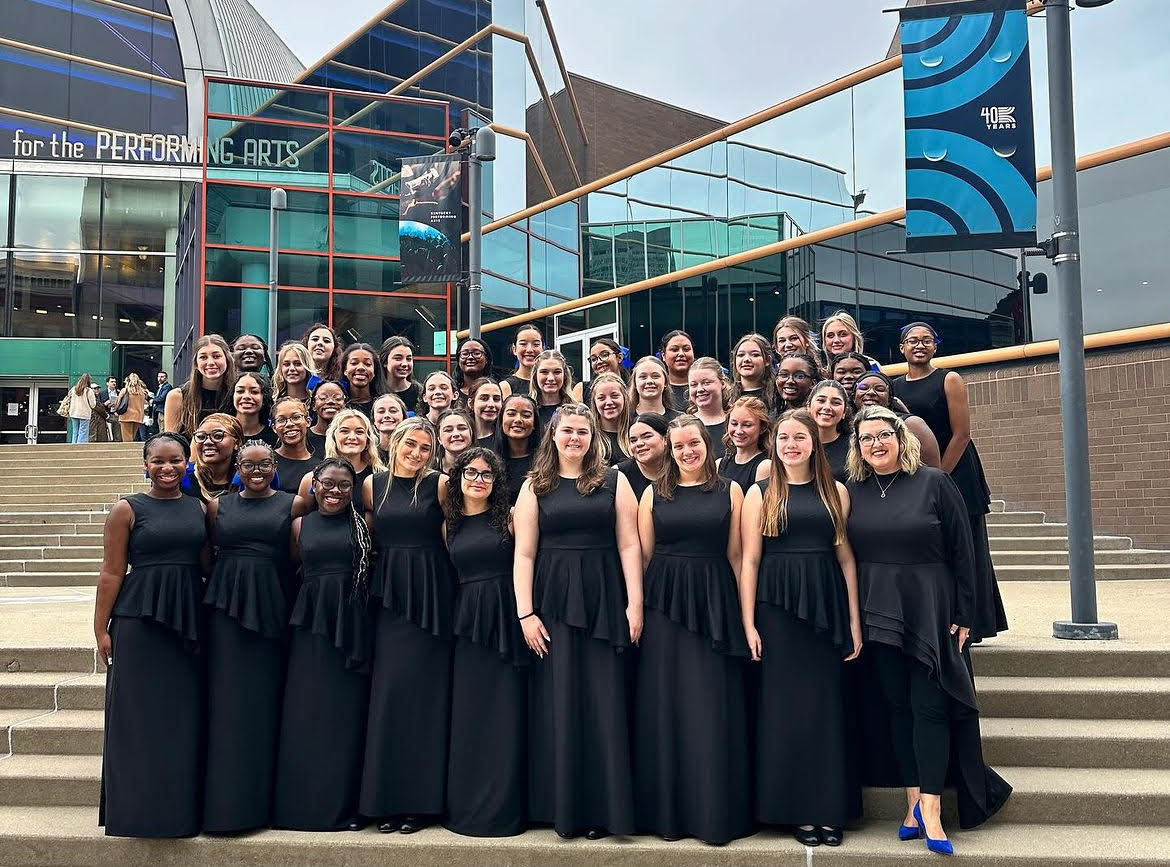“Reading the Rejected” will be an ongoing series in The Blue and White, in which student journalists choose to read a novel that has been “rejected” by OCPS due to new state legislation. Over the summer, all of the books within the school were scanned through an app called Beanstack. The app flagged many books as containing concerning material. The people in charge of the book regulation clarify that the books removed from the school are not banned per se, but rather rejected from the system. An anonymous Orange County employee curated a list of these rejected books, including the reasons why they were flagged to begin with. A common theme many of the books share is sex. Any mention of sexual content, whether it be explicit or implied, is enough for the state to worry. Although the media specialists ultimately decide what stays and goes, they do so carefully. The consequences of providing students with rejected material include getting fired and,or arrested, facing up to five years in prison, a $5,000 fine, and the loss of their teaching certificate. Since teachers are not allowed to encourage students to read any of the rejected books, the students on The Blue and White staff decided on their behalf to read and review them.
*Trigger warning for sexual assault*
Margaret Atwood wrote The Handmaid’s Tale in 1985. The book is dystopian, set in the Republic of Gilead, formerly the United States of America. Declining birth rates led the fascist Christian terrorist organization, known as the Sons of Jacob, to violently overthrow the government and make their extremely traditional beliefs law. In this new horrific world, men are the ruling class and women are subjugated into roles based on what they can offer those men, whether it be children, meals, or even pleasure.
We follow Offred, formerly named June, who is a Handmaid stationed in the household of a commanding officer named Fred (hence the name, Of Fred) and his wife Serena Joy. The purpose of Handmaids in this society is to provide children to families like the one she is stationed in. Handmaids are treated horribly, undergoing a ritualistic monthly rape by the man of their household and other unseen abuses. The reasoning for this comes from Bible verse Genesis 30:1-3 “And she said, Behold my maid Bilhah, go in unto her; and she shall bear upon my knees, that I may also have children by her.” The life of the Handmaids is dependent upon their ability to get pregnant and birth children.
One of the biggest themes in the novel is rebellion. Throughout the novel we see examples of characters fearing the government and the consequences of going against the rules, but we also see many examples of small rebellions and disobedience. Women aren’t allowed to read, but June has a small pillow with the word “Faith” embroidered on it. Serena Joy continues her smoking habit even though it isn’t allowed. Both these examples, and many more, show that no one fully embraces the false utopia of Gilead.
One of my favorite aspects of the book is June’s narration. Throughout the novel she talks to the reader as if they are an imaginary friend, we are her only comfort as she navigates this new world. We see her not as a perfect example of a woman rising above her circumstances, but rather as a person doing the best she can in trying times. She even reflects on this in one of my favorite quotes from the book: “I would like to believe this is a story I’m telling. I need to believe it. I must believe it. Those who can believe that such stories are only stories have a better chance. If it’s a story I’m telling, then I have control over the ending. Then there will be an ending to the story, and real life will come after it. I can pick up where I left off.”
I can’t go into more details without some major spoilers, but I can tell you this. The Handmaid’s Tale is one of the most important novels in feminist literature from the late 20th century, and its importance as a warning against facism and Christian extremism cannot be overstated. If you’re looking for a dystopian story with a feminist twist, with undercurrents of sabotage and rebellion all set against the backdrop of a totalitarian regime, then this is the book for you.








